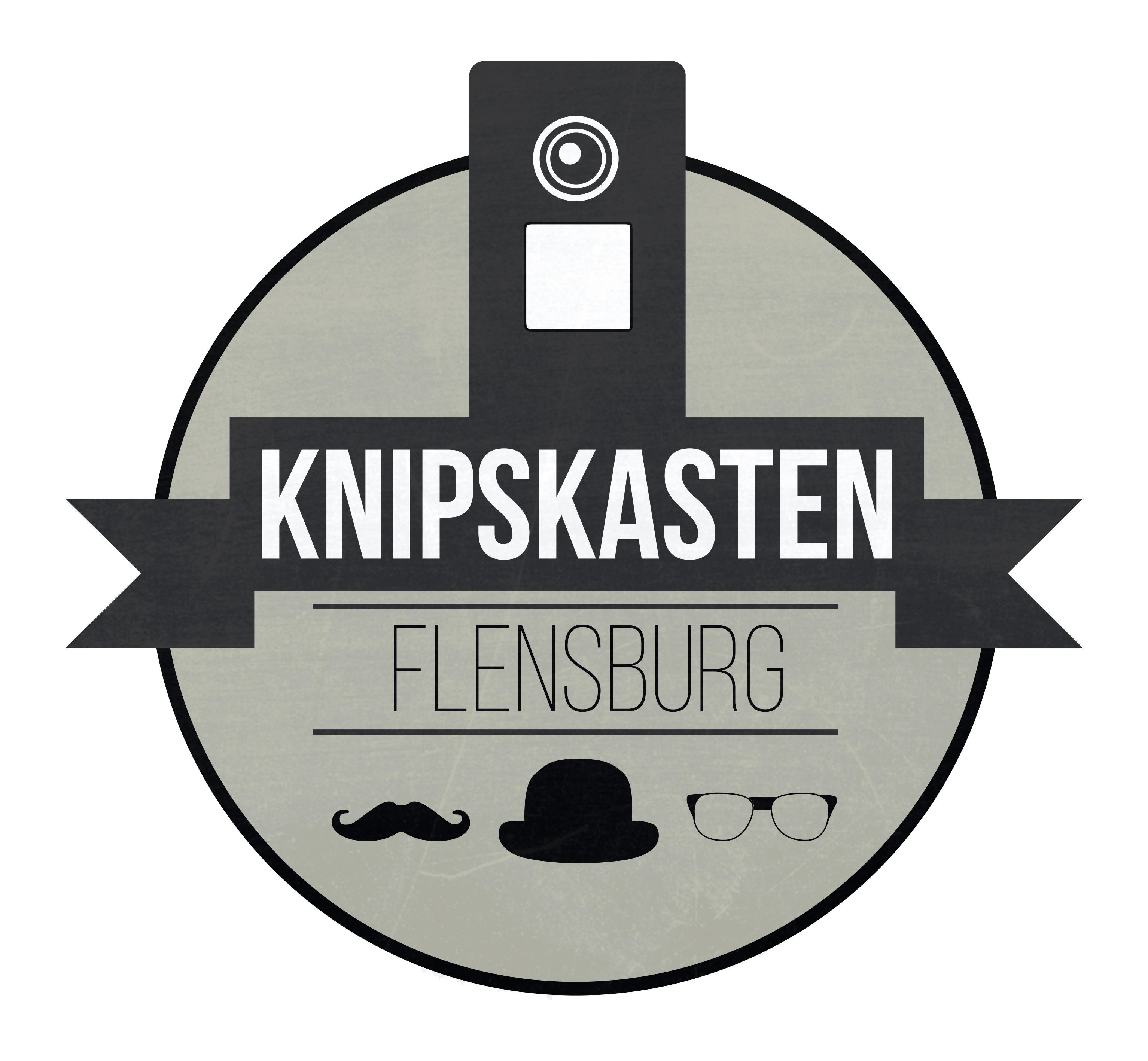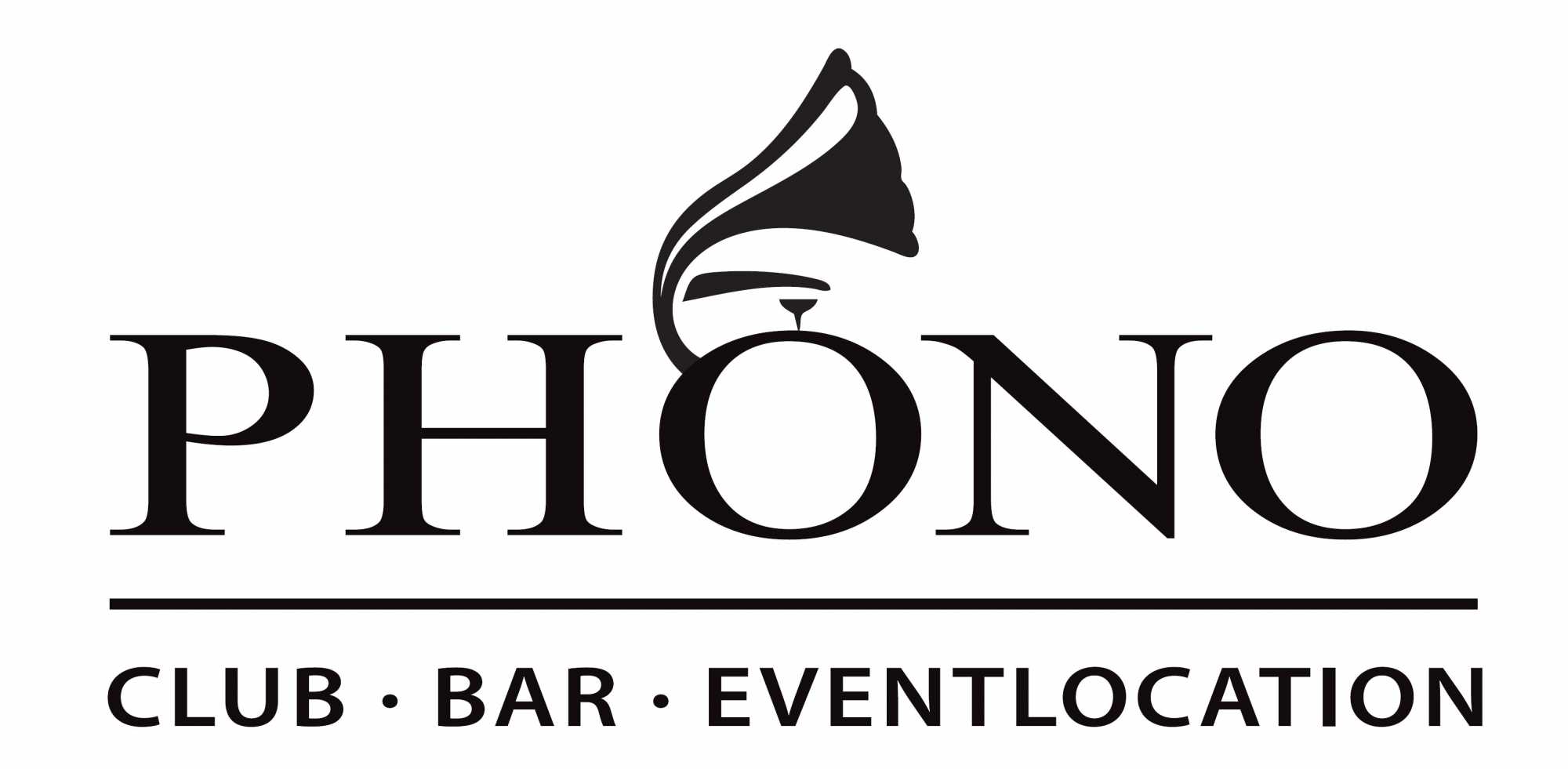- 1 | Marcel Carstensen
- 20 | Jonas Wolz
- 2 | Kolja Afriyie
- 3 | Nicolai Vosgerau
- 4 | Lukas Wrobel
- 5 | Joran Blaue
- 6 | Elias Kurzbach
- 7 | Samuel Happich
- 8 | Kim Nitschke
- 9 | Noel Kurzbach
- 10 | Jonas Walter
- 11 | Luc Justen
- 12 | Anders Nøhr
- 13 | Tim Meyer
- 14 | Steffen Eglseder
- 15 | Aaron Sinclair Adonaï
- 16 | Lars Ole Puttins
- 17 | Morten Wegner
- 18 | Jesse Siemonsen
- 19 | Paul Thieler
- 21 | Lukas Larsen
- 22 | Leve Thomsen
- 23 | Take Gniosdorz
- 24 | Ian Joel Bieck
- 25 | Erik Wegner
Dänen in Deutschland at the EUROPEADA
The team "Sydsleswig - Dänen in Deutschland" is the representative team of the Danish minority in Germany.
The selection was present at the two previous editions and achieved considerable success. In 2008, the 4th place was achieved and in 2012 a 8th place.
The Danish minority in Germany
The Danish minority in Germany stems from the division of Schleswig after the referendum of 1920, but its origins can be traced back to the settlements at the end of the Migration Period. This was preceded by the Schleswig-Holstein uprising against Denmark in 1848, which led to war between Denmark and its allies Prussia and Austria, with the result that the whole of Schleswig belonged to Prussia until 1920. The outcome of the First World War made the aforementioned referendum possible, which resulted in the northern part falling to Denmark and the southern part to Germany. The border was determined in two votes: a block vote and a municipal vote. As a result, national minorities of varying sizes were left behind on both sides of the border. To the north of the new state border were the German-speaking citizens, to the south the Danish-speaking citizens.
Although the minority was not directly persecuted during the National Socialist era, they were subjected to reprisals. However, as the only citizens of the Reich, they were not obliged to register with Nazi organisations. During these years, around 1,000 fewer members declared themselves to belong to the minority; according to the Society for Schleswig-Holstein History, there were only 2,700 organised Danes by the end of the war. According to official figures, the Danish minority in Germany has grown again to around 50,000 members today. According to a study conducted by the University of Hamburg in 2015, the number of members is even said to be over 100,000, 42,000 of whom live in the traditional part of Schleswig from the west to the east coast of the German-Danish border down to Rendsburg/Eiderstedt, while the rest live integrated in the Holstein region and in the city of Hamburg.
The Danish minority enjoys good minority rights. In the Bonn-Copenhagen Declarations of 1955, the German government undertook to protect the Danish minority, and in return the Danish government recognised similar minority rights for the German minority in its country. They are one of four ethnic groups in Germany that enjoy special minority protection as a national minority under the Council of Europe's Framework Convention for the Protection of National Minorities, which Germany ratified in 1997. For example, the generally applicable five per cent threshold for election to the Schleswig-Holstein state parliament was lifted for the parties of the Danish minority (SSW) in order to guarantee political representation. The special promotion of Danish-language schools and the cultivation of religious, cultural and professional relations with Denmark are further supportive measures.
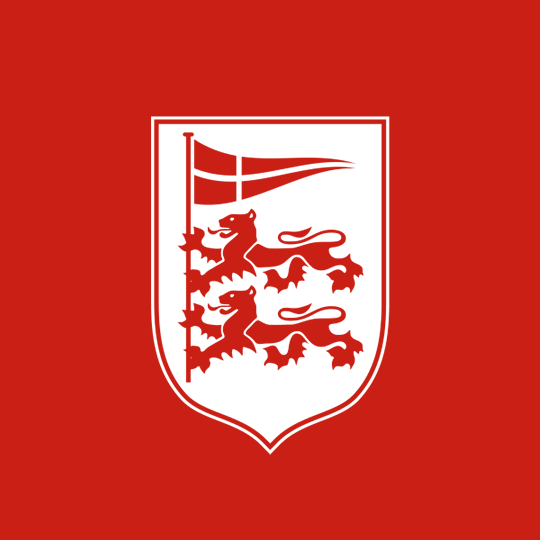
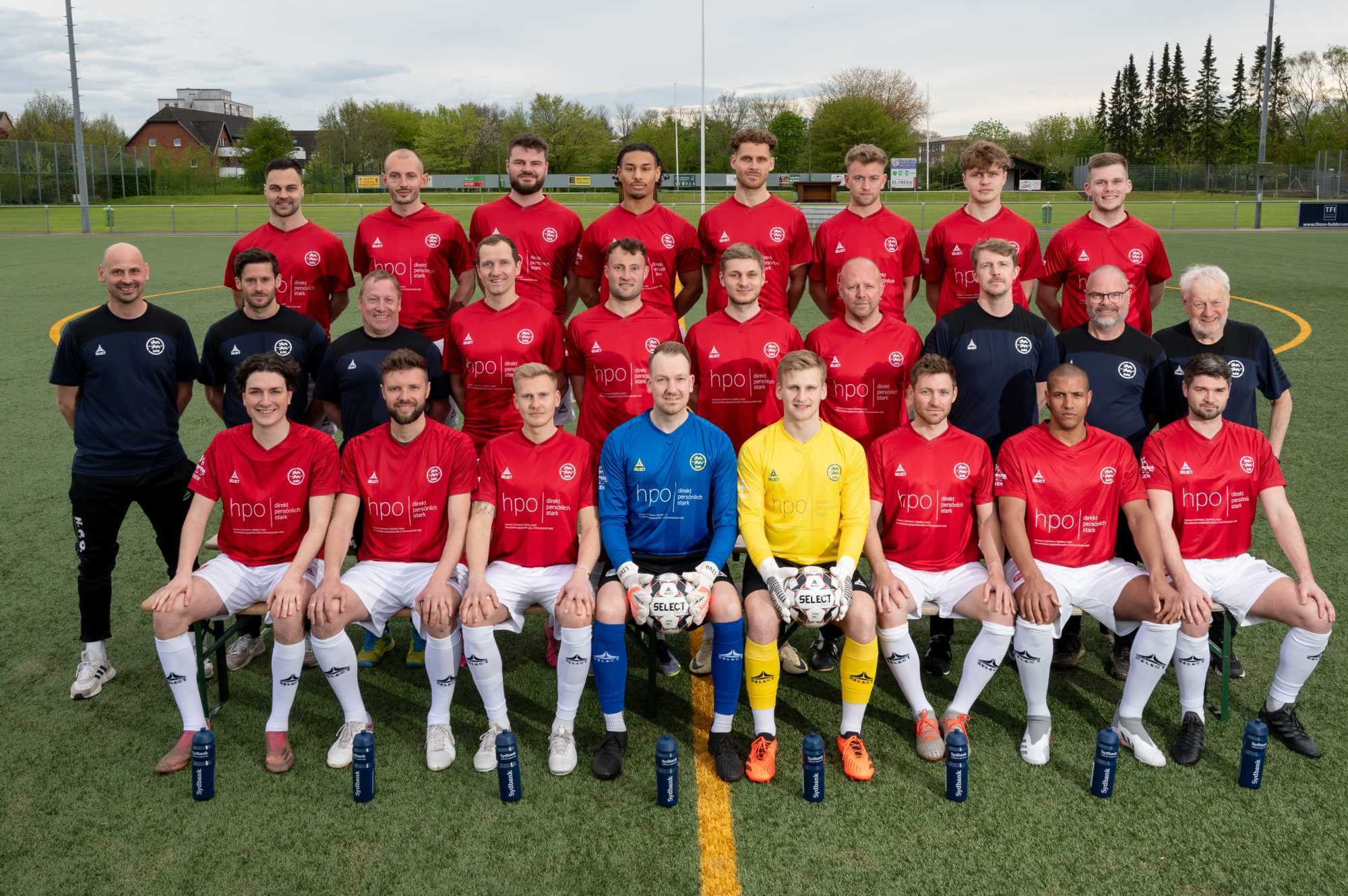



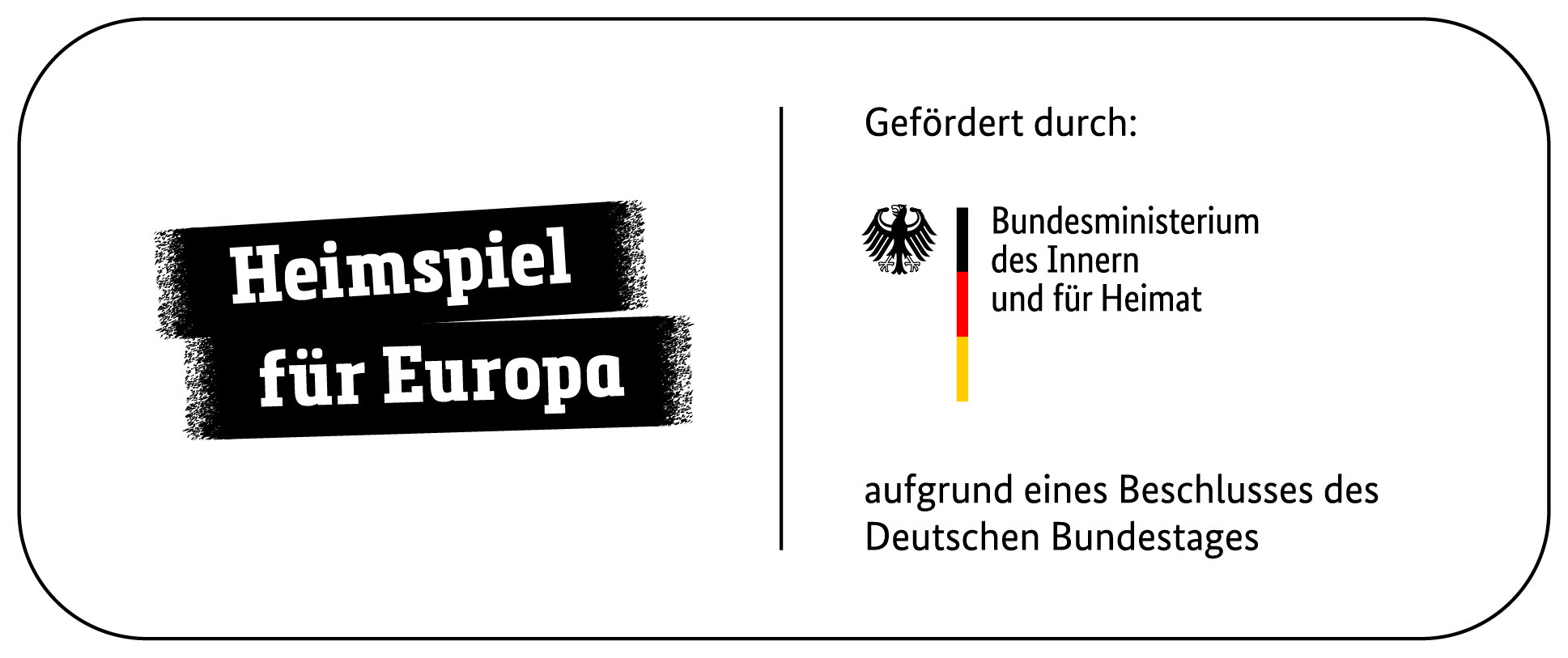
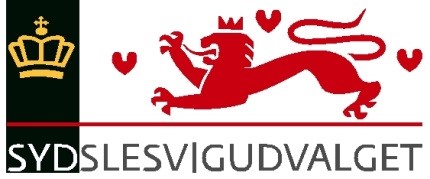



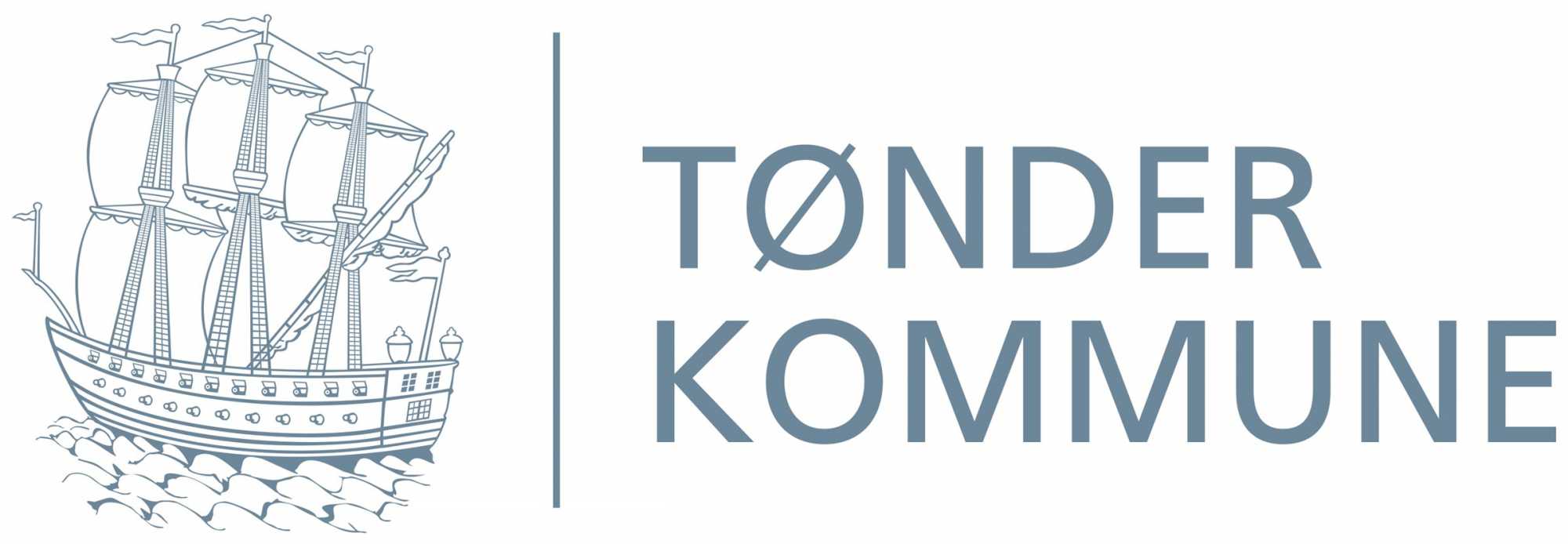
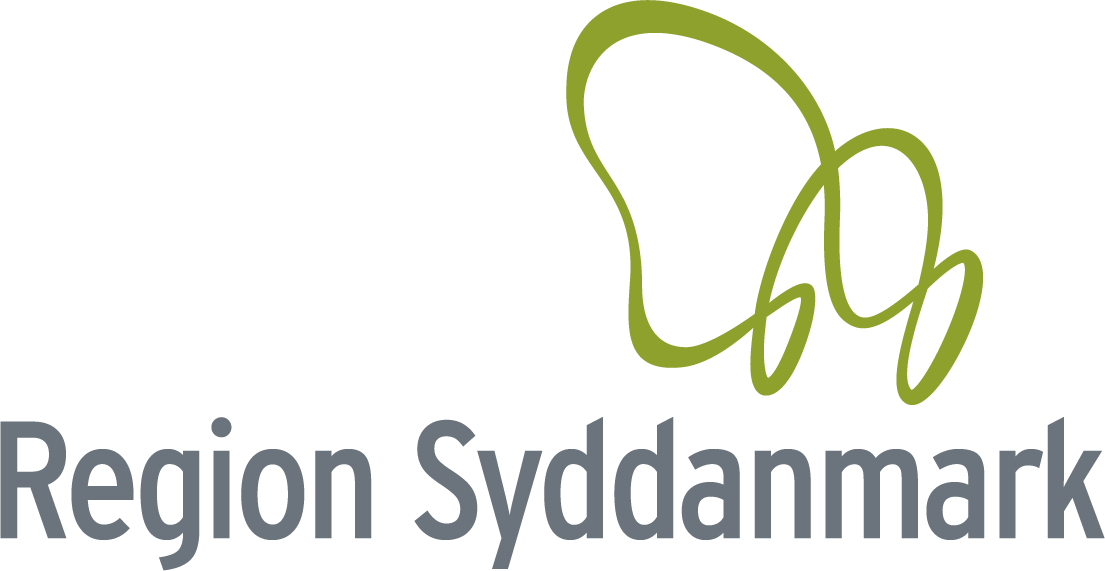
.png)



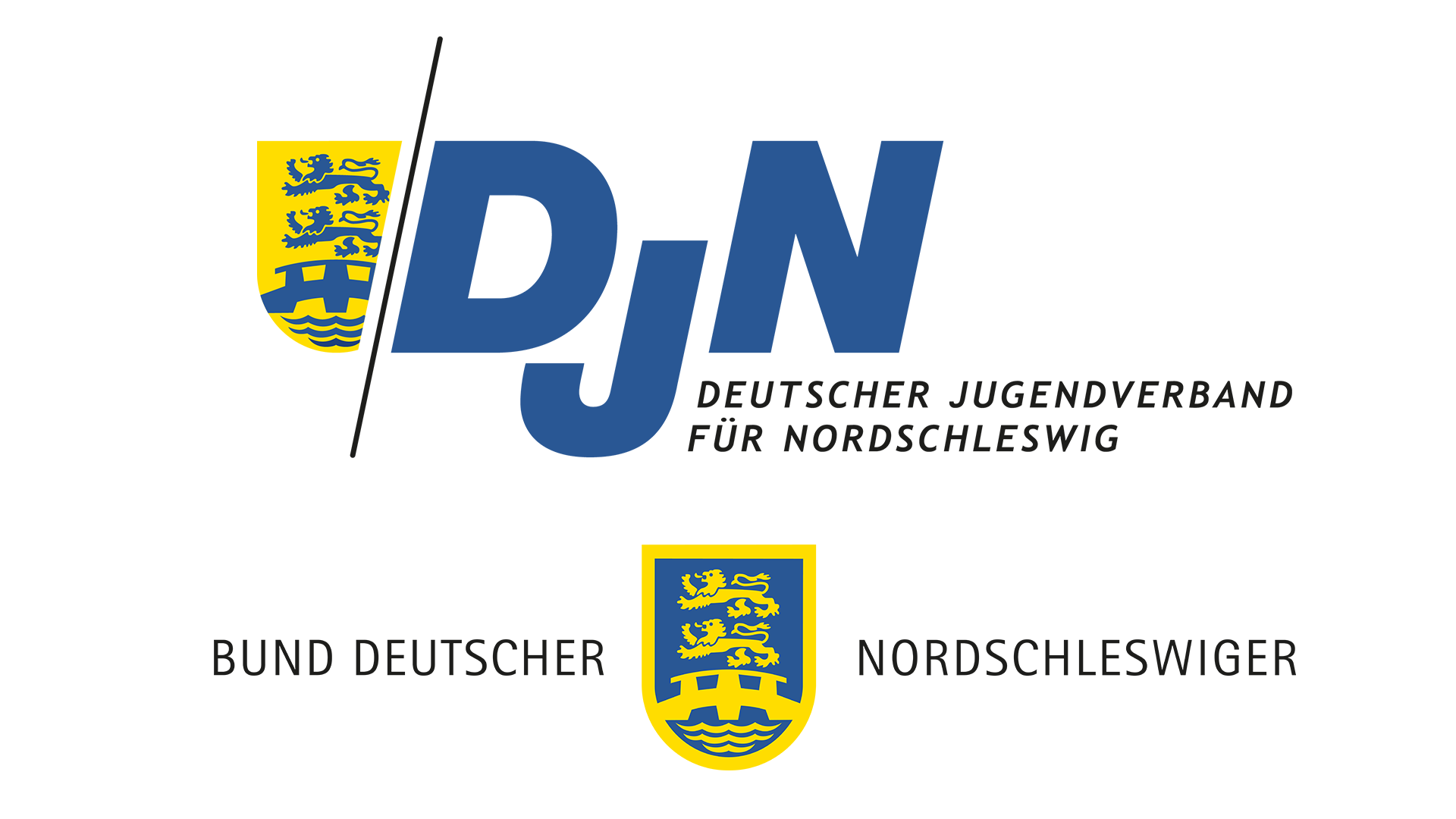
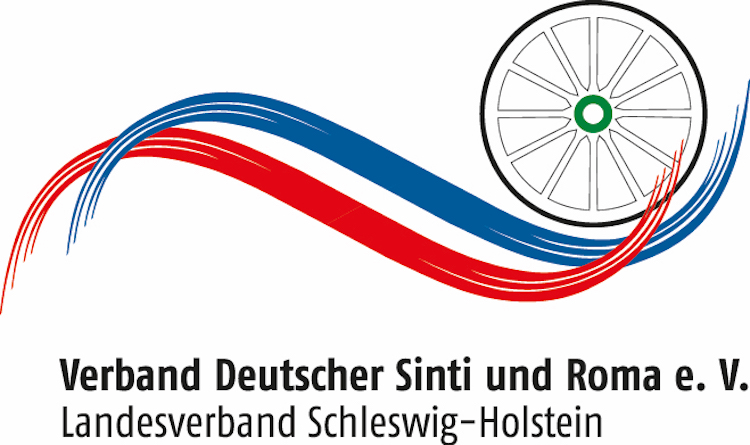

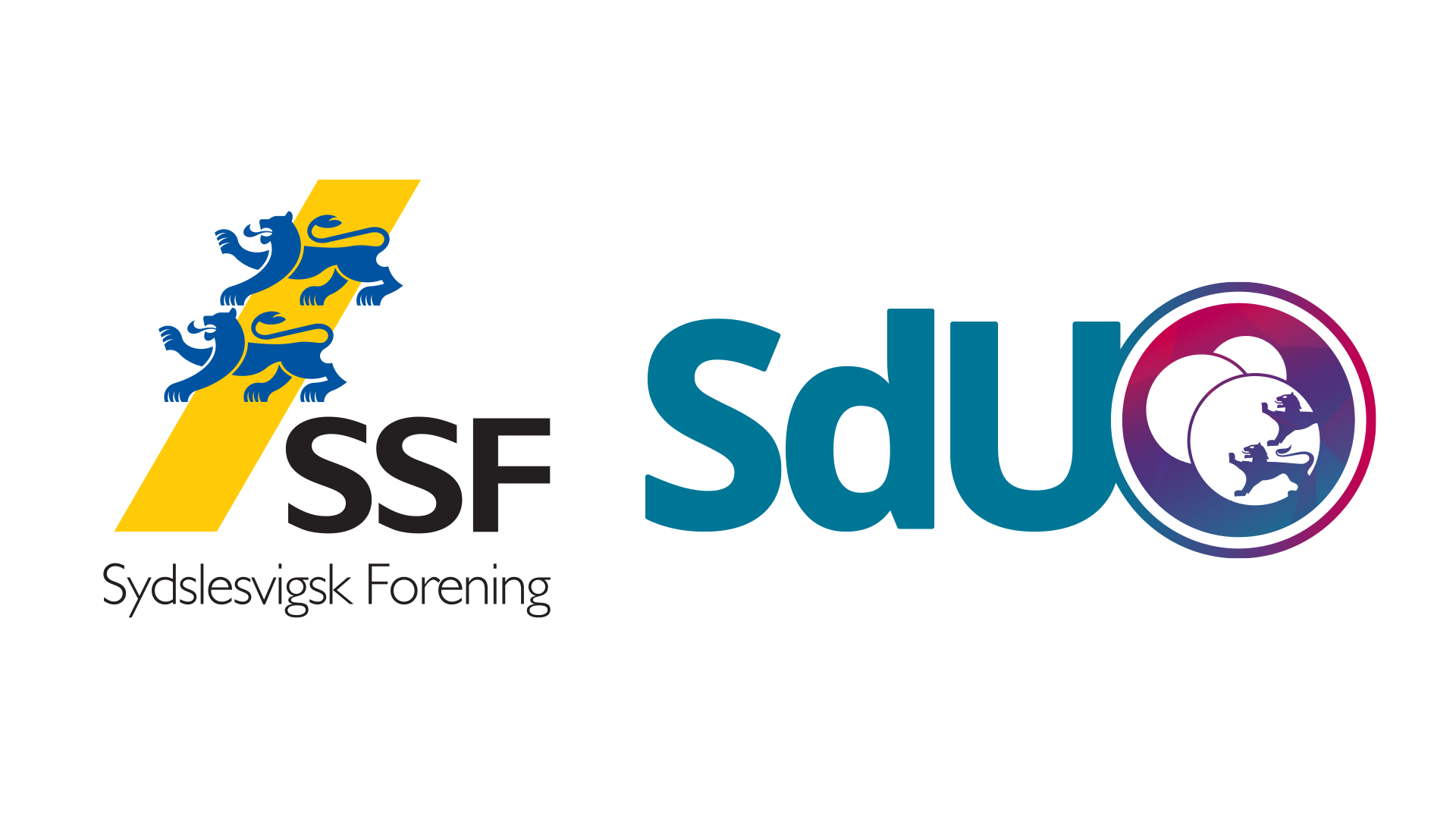
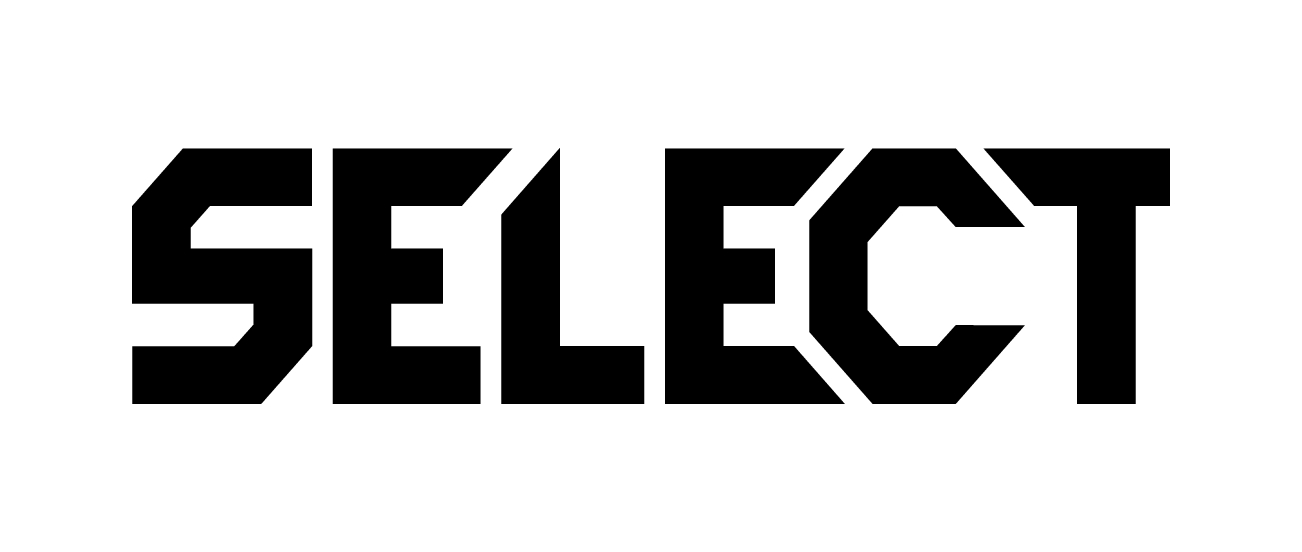

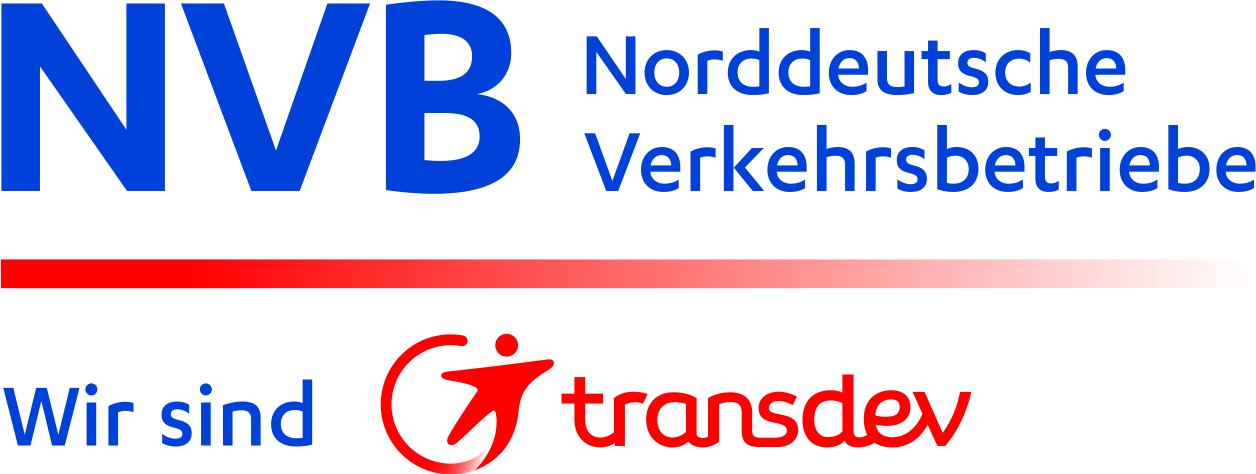

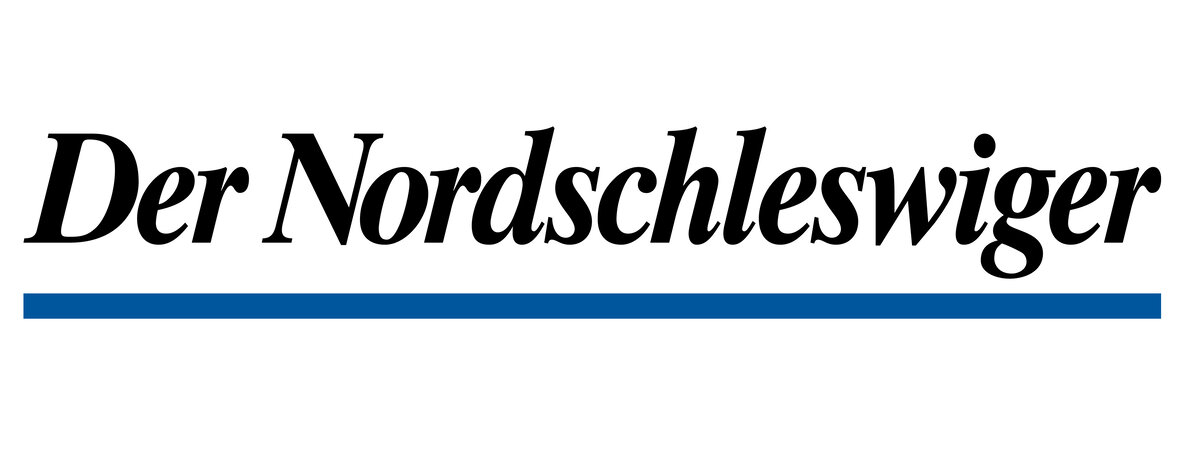




-1.png)
_(1).png)
